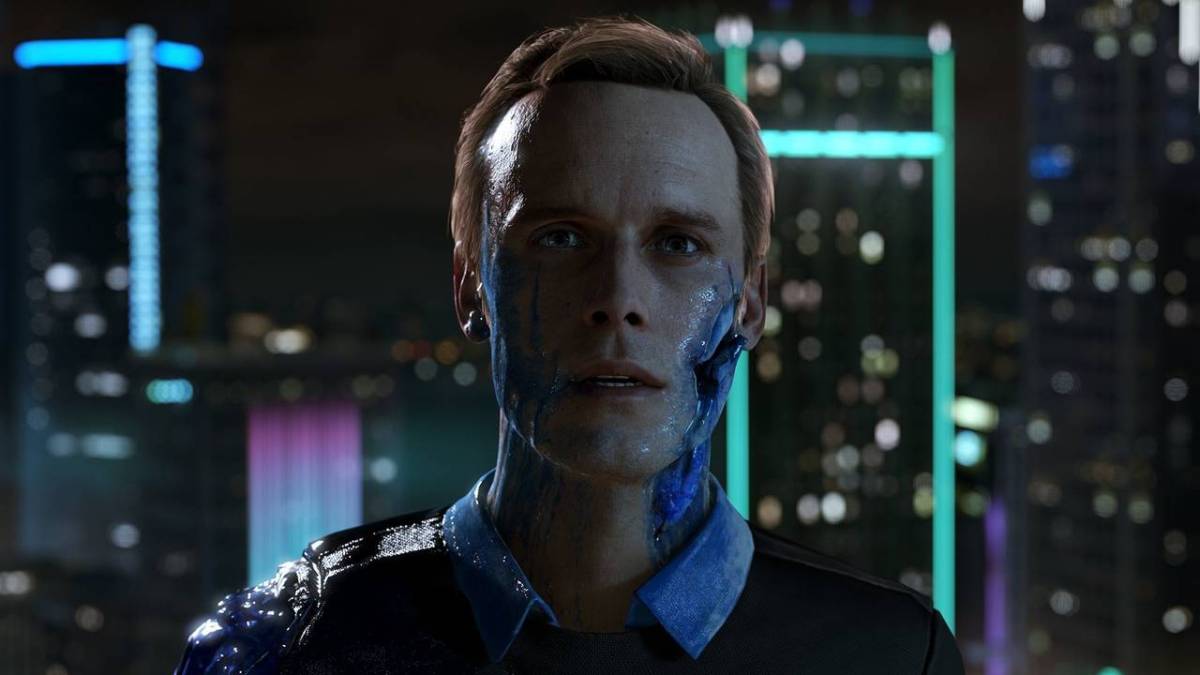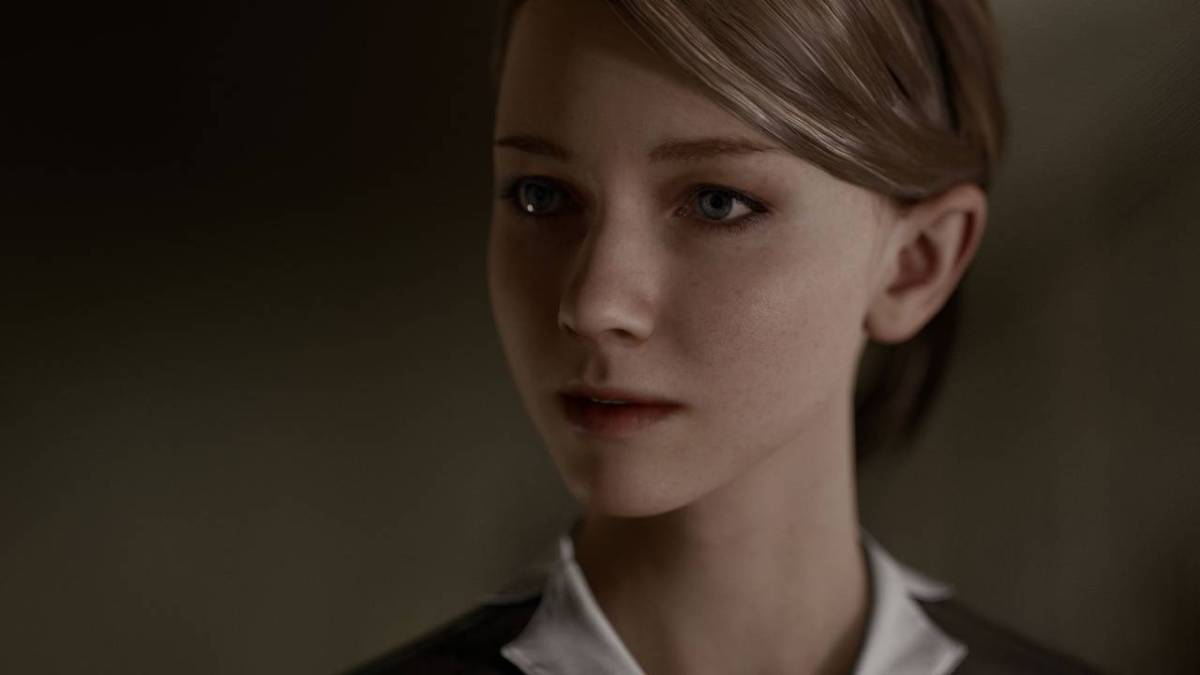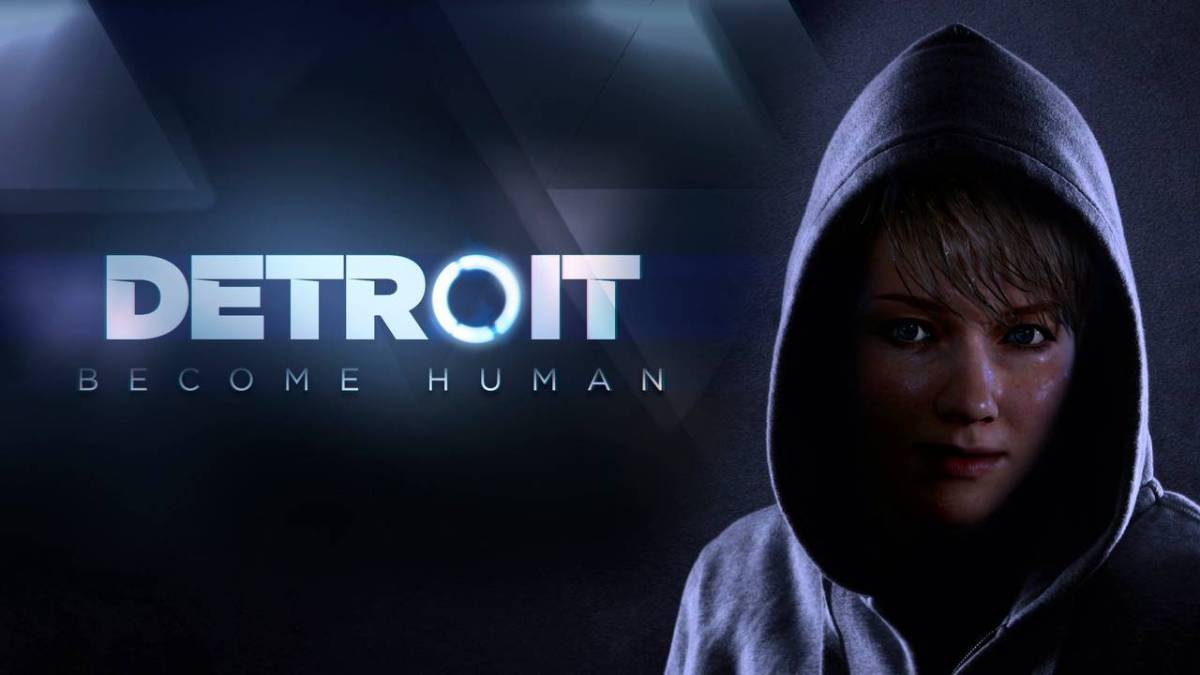In our Detroit Become Human Hostage Demo Preview, we came to the conclusion that the story and the core mechanics sounds meaningful. Please note – this scenario is based the demo and not the full game which is scheduled to on May 25.
Detroit: Become Human demo is now available on PlayStation Store and I, as a Quantic Dream fan, was eager to give it a try and immediately downloaded it. After spending a couple hours on it, I was happy to have renounced to spend that playtime on God of War and here’s why.
The latest heavy on consequences, a story-driven action game from the makers of Beyond: Two Souls and Fahrenheit apparently retains a lot from the previous experiences of Quantic Dream, the French studio which has constantly been pushing on narrative in order to build more and more catching stories for players to experience.
The Hostage demo is in particular inspired by the Heavy Rain section where you play as Norman Jayden, a cop who investigates crime scenes powered by a huge amount of technology to assist. That concept is brought to an even higher level here, as the player is required to mediate between the Detroit Police Department and an Android who’s taken a hostage.
During the demo, you are tasked with getting back the little girl who’s been taken as a hostage by an Android went crazy for some reasons. No matter how – you’re simply asked to do that and that only. But being a highly specialized android yourself, one called Connor, you want to do more than that: you want to acquire as many details about the scene and the people involved as possible so that you can have more chances to succeed.
This is why you explore the scene and get all the details about what happened and the members of the family involved in the accident. You have two sub-environments to get into, the open space where the android killed the father and a policeman, and the room of the little girl.
In these two places you learn things that may not have a huge impact on the end result, but definitely, add nuances to how you get there and make it more satisfying to achieve it in a certain way or another. For example, by grabbing a weapon from the scene you can tell the android you have one and put it down so you can gain trust in his eyes, and more.
The outcome of the dialogue between Connor and the android depends on the amount of stability of the latter you are able to obtain, a parameter you can check while playing and of course is correlated to the clues and particulars you find on the scene (I managed to arrive as up as 99% and unlocked two endings, and I am willing to reserve the final for the main game).
I never felt like the situation was getting out of hand, but sure I made a preparation which was good enough to allow me to get some risks, such as trying and saving a cop’s life in front of the android, or bluffing once he questioned something about the consequences of his crimes.
In the middle of the dialogue there are interferences which are always the same, so that, no matter the amount of stability you’re able to get thanks to the good preparation, you’re required to face some sort of malus and re-focus on a situation you thought was almost a given at a certain point of the discussion.
One of the things I believe we’ll need to wait for the main game to better evaluate is the amount of surprise and linearity that the demo has attached to it now. I mean, considering the first run only takes around 15 minutes or so, it’s obvious that you have all the time to reconsider what you did and play accordingly in a manner that allows you to unlock everything.
In the complete game, I’ll want to learn whether you’re sort of invited to play with the flowchart – that you can see at the end of the scene to deal with other people’s choices and the things you missed – or there’s something more to it than the mere calculation of what is good or right, or what you’re not able to see in a specific run.
Particularly, I expect a lot from Kara, if we talk about feeling out of androids, but this demonstrative version has already given a good idea of what we should anticipate from the still under wraps main story. A story which will apparently be around the android being rejected by the society, hunted down, and still searching for acceptance at all costs – even violently. As you enter the building, you have a quick dialogue with the mother, who doesn’t want her daughter’s kidnapping being dealt with by an android, and it’s quite revealing on that topic.
Talking more specifically about the gameplay, Detroit: Become Human’s demo is articulated in three basic phases. The first is the one that allows you to explore the scene and look for clues. You can do it by searching the location and accessing sorts of memories from the accidents, in a mini-game with DualShock 4’s triggers that reminded me of Remember Me.
These memories have a peculiar art style with the accidents, the victims, the objects and the killers presented in a kind of holographic, hand-drawn visuals. That’s pretty nice and adds to the graphics which are very, very enjoyable but a bit too schematic at times. We’ll talk more about that later in this preview.
The other two phases, as said, are the use of these clues and materials found on the scene to access better and more complex solutions in the dialogue, and then the dialogue itself where you are required to save the target no matter what, with multiple endings which determine whether you’ll sacrifice yourself, for example, or throw the both of you from the building.
The demo offers for the first time a choice between two different difficulties, that slightly change the style you need to adopt in order to play. Casual makes you go for a more immediate and cinematic gameplay, while the second, Experienced, is fundamentally the one you’re used to if you’ve already played Beyond: Two Souls, with more refined mini-games based on the movement of the analog sticks and the touchpad on top of adding different type of pressure based quick time events.
In the Experienced difficulty, you move the camera freely, which means movements are also a bit less clunky, and perhaps that’s something that will make you opt for this level as well. Being an android, you should not notice that… but jokes aside, we’ll need to wait and see whether this could be an issue in the more open environment, if any, in the complete title.
I’ve given both a try as I was quite curious to see which were the differences between the two difficulty levels, I enjoyed both, but I think I’ll go for the second since it adds a layer of unpredictability that I felt was lacking in the demo as I first tried it with the Casual setting. As I said, from this perspective it’ll be important to check whether the complete game can add more of that.
Finally, briefly talking about the graphics, I played the demo on PS4 Pro and found the game very, very well crafted and polished. On a 4K TV, it looks better than ever and apparently Quantic Dream has achieved a level of refinement that will make the wait for the studio’s new title something worth of, both on graphics and frame rate. Maybe I’d expect a bit more from the facial animation of the hostile android, which is good to express anger but sort of rigid overall as well.
So, the initial impressions are pretty good. As said, there’s something we’ll need to check once the game’s out, but the slice of content we’ve seen and played thus far has managed to turn both meaningful in terms of internal story and interesting as for the core mechanics that the main title will revolve around.
Detroit: Become Human is out on May 25.







Published: May 1, 2018 3:06 PM UTC